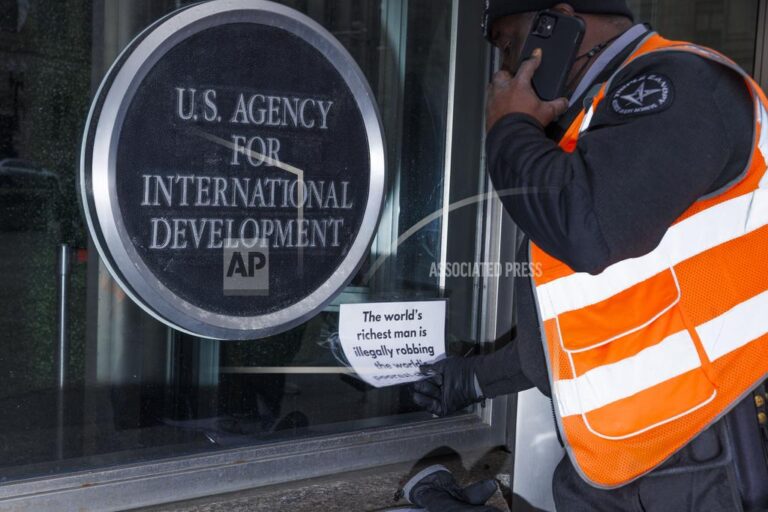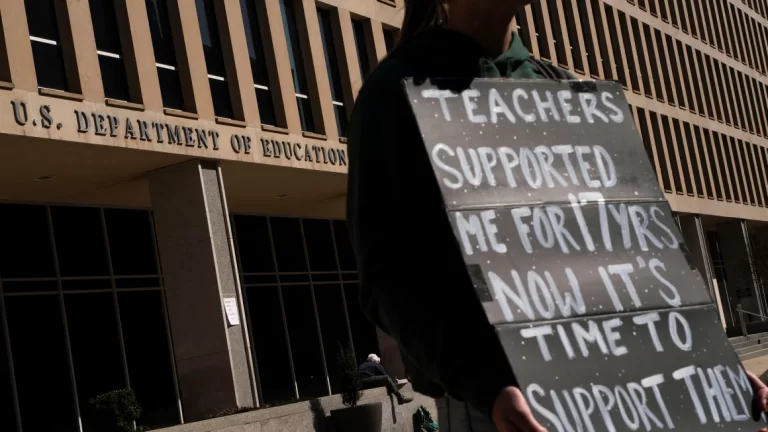
The White House on April 15 proposed slashing American funding for United Nations peacekeeping missions due to operational failures in Mali, Lebanon, and the Democratic Republic of the Congo. With the largest GDP in the world, the U.S. currently contributes 22 percent to the U.N.’s regular budget and 27 percent to its peacekeeping budget, more than any other country. If the U.S. does reshape its contribution to the U.N. as promised, those numbers will decrease dramatically.
While the U.S. is reconsidering its role in the U.N., it is unlikely to withdraw entirely from the international organization like it did with the World Health Organization. As a permanent member of the U.N. Security Council, the U.S. holds veto power — a strategic diplomatic tool — allowing it to exert more control over international mandates, including sanctions, peacekeeping authorizations, and investigations, which are essential to defending its national interests and protecting its allies. As a result, despite wanting to cut funding for the body, the U.S. has an incentive to maintain its U.N. membership if it does not wish to see America’s influence wane.
During his first term in office, although Trump withdrew from individual U.N. agencies such as UNESCO and the Human Rights Council, he did not attempt to leave the U.N. altogether. This suggests that he recognizes the costs that losing veto power would have on the United States and its foreign policy. The lack of precedent suggests that it is unlikely Trump will pull out of the organization altogether in his second term. Although Trump has voiced opposition to international organizations that require cooperation with other countries, the advantages of permanent U.N.S.C. membership remains vital for the U.S. to maintain its position as a great power. The U.S. relies heavily on the veto, using it more than any other permanent member, often to prevent the passage of resolutions critical of its ally Israel.
Furthermore, withdrawing from the U.N. would give American rivals a strategic advantage. If the U.S. were to give up its seat, China or Russia could expand their influence in international relations without being contested by the U.S. In an increasingly multipolar world, giving up such a strategic advantage would run counter to U.S. interests and the ability to dominate growing world powers such as China and Russia.
Still, reducing the amount of funding the U.S. is willing to distribute to the U.N. will disrupt peacekeeping missions and humanitarian aid. Cuts to the Contributions to International Peacekeeping Activities would harm already faltering U.N. operations in conflict zones, including Mali, Lebanon, the Democratic Republic of the Congo, South Sudan, Western Sahara, Cyprus, Kosovo, and between Syria and the Israeli-occupied Golan Heights. Moreover, the U.N.’s ability to establish development operations, security, and intervene where necessary in regions with increased instability — an already slow and tedious process hampered by bureaucratic delays — may take even longer than before as a result of U.S. cuts. The same goes for humanitarian aid. The Trump administration’s 90-day pause on U.S. foreign development assistance programs will halt the transfer of emergency relief, medical services, food, and shelter intended for civilians in the midst of conflict.
While the reassessment of U.S. contributions to the U.N. may serve domestic political goals without risking a complete withdrawal from the organization, it is still likely to strain America’s relationships with allies and challenge its credibility with other countries, along with hampering U.N. peacekeeping missions and humanitarian aid relief. The relatively slow-moving decision-making process of a body as large as the U.N. takes a long time due to its dependence on funding from member states. If the U.S. reduces its financial role, it will not only challenge U.S. credibility in the global arena but also stagger U.N. efforts to efficiently address global disasters and crises, which may eventually hurt the U.S. economy and interests as well.
The Zeitgeist aims to publish ideas worth discussing. The views presented are solely those of the writer and do not necessarily reflect the views of the editorial board.



